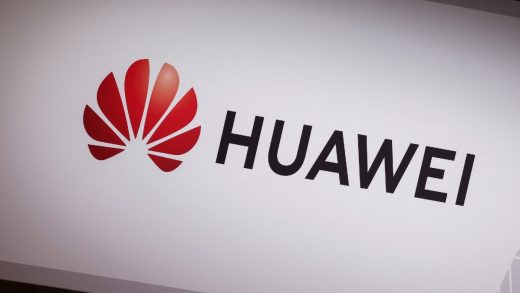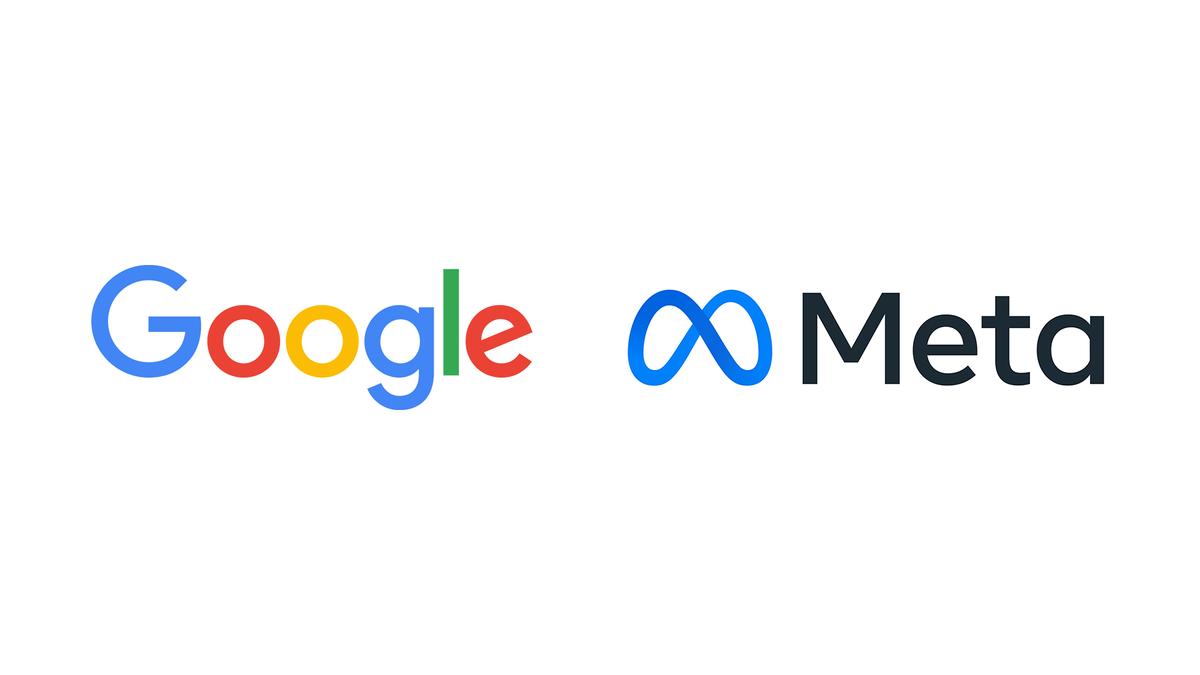
Google reportedly asked Meta to partner with it on its upcoming XR platform, but Meta said no.
The claim comes from a report from The Information today, citing “a person involved in the talks.”
The Meta Quest operating system is a fork of the open-source core of Android (known as AOSP), a similar strategy to Amazon’s Fire OS for its Fire tablets. Meta has been working on it for at least seven years, as it first arrived in 2018’s Oculus Go.
That same year, Lenovo launched a standalone headset running Daydream, Google’s own VR OS that included its Google Play Services, Play Store, Google apps, and VR core technology on top of AOSP. But less than two years later in late 2019 Google abandoned the Daydream platform, and no other standalone headset ever used it.
Google + Lenovo’s Standalone Daydream VR Headset, Mirage Solo, Is On Sale Now For $399
Oculus Go isn’t the only major standalone VR headset launching this week: Lenovo’s Mirage Solo just went on sale too. Available for $399, the Solo is the first standalone VR device to run on Google’s mobile VR ecosystem, Daydream. It runs all the games and experiences that
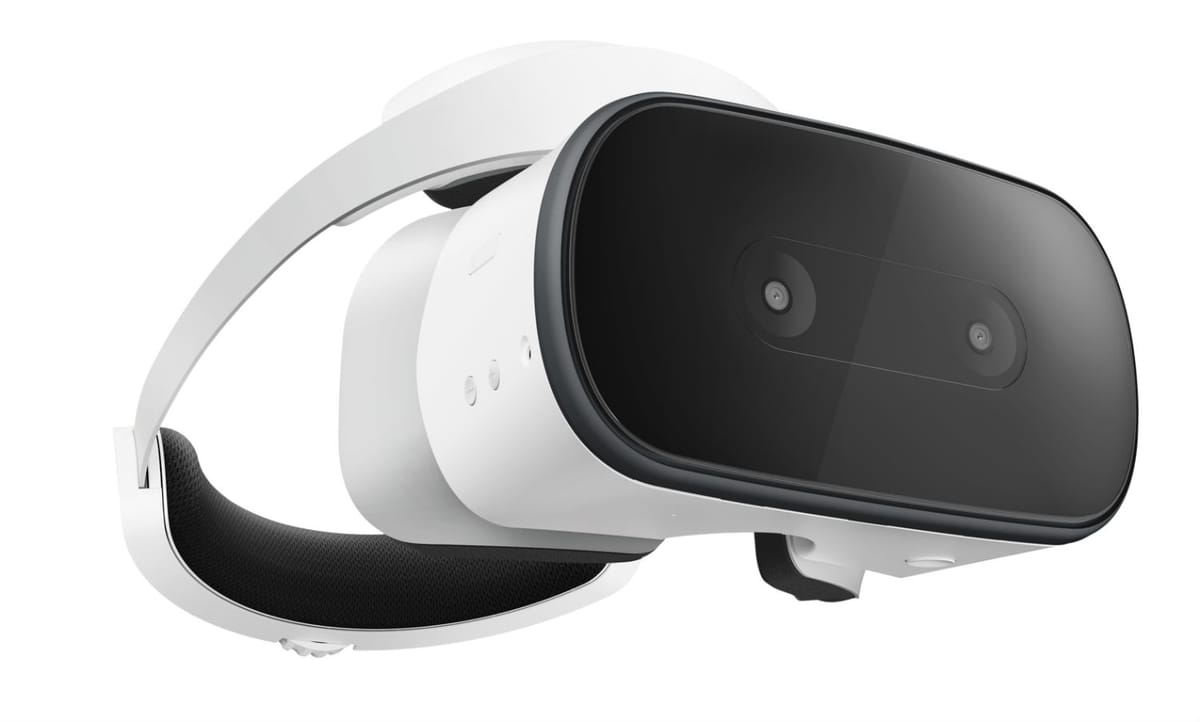
Flash forward to early 2023, and Samsung announced that it was working on XR hardware, with Google handling the software. In June Business Insider reported the operating system would be called Android XR, a new variant of Google’s Android (AOSP + Google’s closed-source additions) in the same way Android TV is.
While Samsung will be the first hardware maker to use Android XR, The Information reports that Google has also been pitching it to other hardware makers – though it doesn’t list any specifics, and there have been no reports of other companies accepting.
Samsung’s Google-Powered Headset Set To Launch Late 2024
Samsung’s Google-powered XR headset is set to launch, in very limited quantities, in late 2024. Details here:
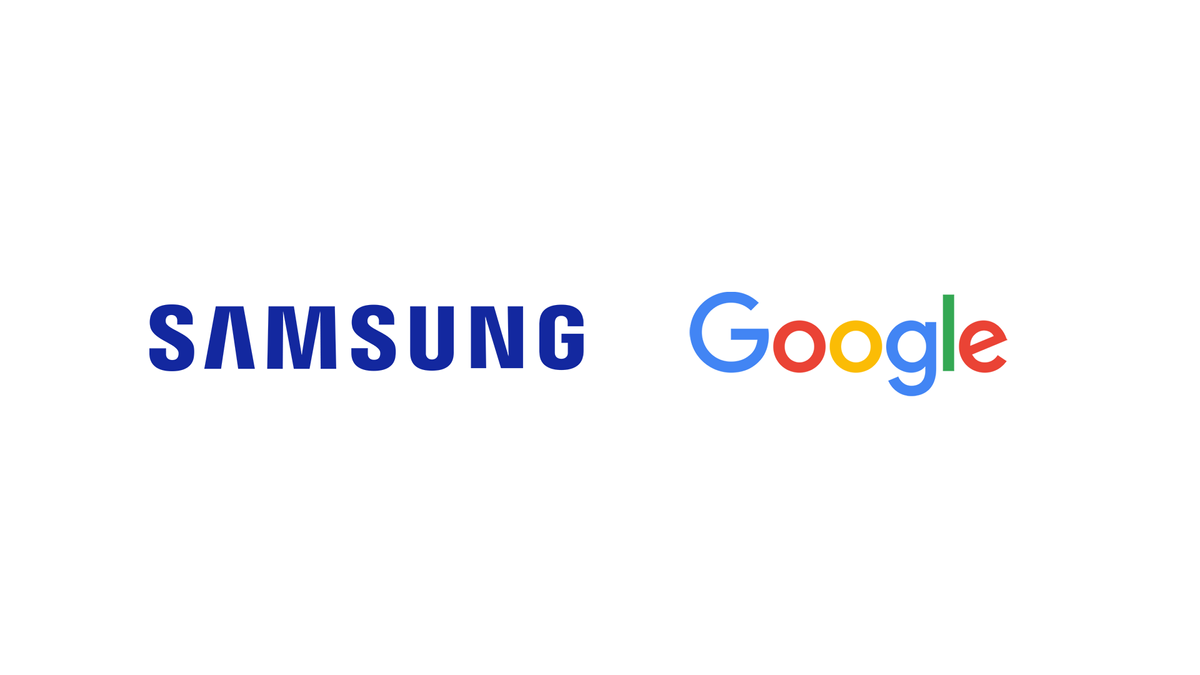
Meanwhile, Meta and LG confirmed on Wednesday that they had formed an XR “strategic collaboration” that included “next-gen XR device development”. It comes following multiple reports from South Korean news outlets that LG will make future Quest Pro headsets, running the Meta Quest platform, with the first device arriving in 2025 for around $2000.
Google and Meta’s XR strategies could end up remarkably similar, with the two companies vying to entice hardware companies to adopt their platform.
| Apple Vision |
Meta Quest |
Google Android XR |
|
| Hardware Strategy | First-Party | First-Party | Third-Party |
| Hardware Pricing | Profit | Subsidized | Profit |
| Existing Ecosystem Integration |
✅ | ❌ | ✅ |
Meta’s strengths lie in its large existing library of fully immersive content, its acquisition of eight experienced VR game studios, and selling its first-party hardware at cost or even a loss. But its weakness is that it lacks an existing flatscreen computing platform, so can’t pull off cross-device integration or easily bring in a library of 2D apps.
Google on the other hand can bring its Play Store to Android XR, bringing over millions of 2D apps, and deeply integrate your existing Android phone, Chrome passwords and bookmarks, and data from your Google apps like Photos.
Meta’s CTO Andrew Bosworth previously said that he asked Google to bring the Play Store to Meta Quest, but Google said no. In a post on X today Bosworth said Google could even bring over its own apps, if it wanted.
Meta CTO: We Asked Google To Bring Play Store To Quest
Meta’s CTO says Google declined a request to bring its Play Store to Quest.
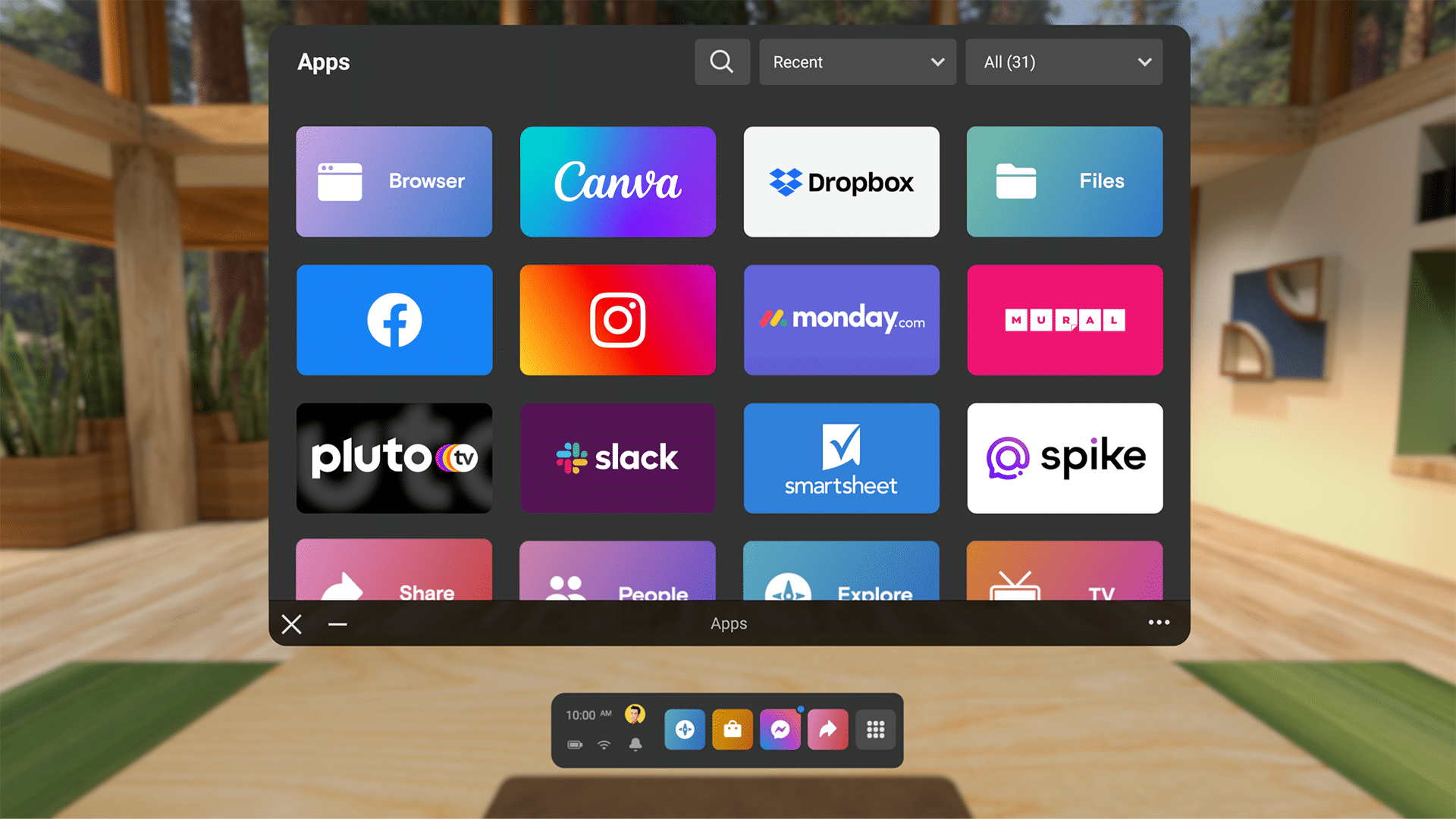
On the one hand, Google and Meta partnering to build an XR platform could be a leviathan force against Apple’s Vision headsets, bringing the together Quest’s immersive content with integration with Android phones and Google’s software.
But on the other hand, it’s unclear how the business details of such a partnership would work in practice, and how the companies would make decisions on core design and engineering choices they strongly disagree on. The Information’s report says Google’s offer included Meta “contributing to” Android XR’s development, suggesting Google would have the final say.
It’s also understandable why Meta may not want to be dependent on Google, both for business reasons and given Google’s track record in XR and content platforms in general. Daydream on headsets was abandoned after less than two years, and its Stadia gaming platform after three years. They joined a long list of platforms and services in Google’s graveyard.

